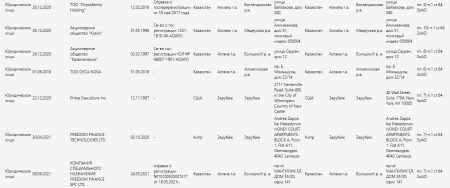As many could already understand, depression is not a myth or fiction, but a real and very serious disease that is very difficult for a person to fight.
Scientists from Tomsk State University (TSU) and the Research Institute of Mental Health of the Tomsk National Research Medical Center were able to develop a new approach to diagnosing bipolar and unipolar depression.
Scientific background in simple words: bipolar depression is a mental disorder, consisting in extreme mood swings. And unipolar depression is, in principle, a disorder very similar to bipolar depression that does not have a manic phase, which, again, is inherent in bipolar depression.
According to TSU specialists, the modern diagnosis of depression is based on the doctor’s assessment of behavioral characteristics. In addition, hardware methods are used to detect abnormalities in the work of the brain and a blood test.
But it is still very difficult to distinguish between unipolar and bipolar depression, since the initial stage of these different diseases often manifests itself in the same way.
“Physicists of TSU, together with the staff of the Research Institute of Mental Health of the Tomsk National Research Medical Center, within the framework of a joint project of the Russian Science Foundation, have developed a new approach to diagnosing bipolar and unipolar depression. As a tool, scientists use optical methods to identify characteristic biomarkers in the blood and saliva of patients,” the press service of TSU reports.
The main task of the new TSU project is to develop a diagnostic approach based on optical methods of analysis to help clinicians. In order to develop a new method of differentiation, scientists have found biological markers that are typical for each of the types of depression and are present at an early stage of the disease.
These markers are specific changes in the level of cholesterol, guanine, serotonin, phenylanine and other chemical compounds, which are often called “harmones of happiness” by the people.
Finding these same “biotags” is also not so easy. In order to do this, scientists used one of the methods of spectroscopy – the method of Raman scattering of light. This method allows the analysis of chemicals in saliva or blood samples taken from a patient.
According to scientists, this approach will help to timely detect unipolar and bipolar depression, as well as monitor the effectiveness of treatment.
Thanks to this method, many people suffering from improper (not negligent) treatment of the disease will have the opportunity from the very beginning to receive a course of therapy that suits them and their type of disease.
Photo: Babr24


